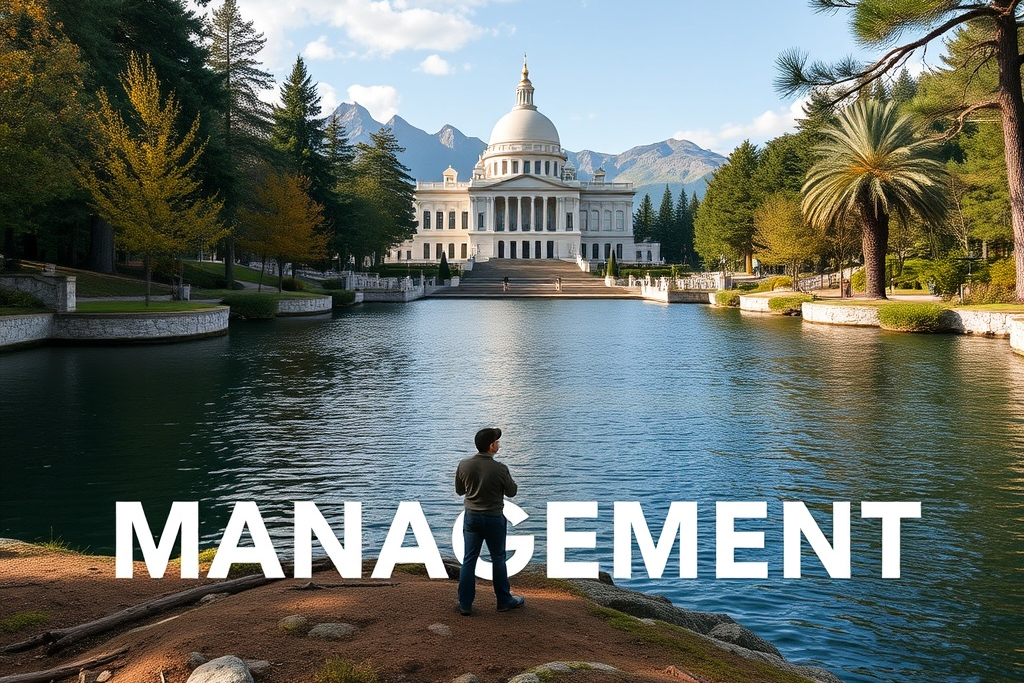The original goal of a happy retirement free from financial worry is replaced with a host of other concerns
The original goal of a happy retirement free from financial worry is replaced with a host of other concerns
The original goal of a happy retirement free from financial worry is replaced with a host of other concerns
In almost three decades of managing money, all our clients had targets to grow their wealth by multiples. Clients with $2 million targeted about hitting $10 million and retiring. The ones with $10 million had ambitions of retiring with $200 million. The ones with $200 million wanted to become multi-billionaires.
The constant quest for more wealth is seen as the raison d'etre for wealth managers. Any achieved goal would always be exponentially moved further up. Retirement, or any of the activities they envisioned doing on reaching the original goal post, where invariably postponed as a higher financial target was set.
And yet, as we dealt with more clients over the years, a far more surprising correlation became clear. The more wealth they had, the more stressed they were. And as a result, they became unhappy.
This is not how it's meant to be!
The original goal of a happy retirement with free time to pursue their interests was replaced with a host of other worries. Cash interest rates are so low, my money is growing too slowly. Inflation is eating away at my purchasing power, My kids are wasting money on stupid things. They don't work anywhere near as hard as me. Who will succeed me in my business? Is my future son/daughter in-law a gold-digger? How do I protect my legacy?
The list of concerns is too long to print, and the result of the increased stress is felt most acutely on the immediate family.
If this is the result of accumulating wealth, and in my personal experience the exceptions are too few to conclude otherwise, we need to re-examine our life goals.
I experienced this not just on the professional side, but personally four weeks ago.
My father’s sole goal in life was to increase the amount of money in his bank account. This caused significant friction between us, especially when I was younger, with my mother caught in the middle.
Over the years as his vision and hearing deteriorated, he was unable to indulge in his faivourite pastime of playing cards: bridge and poker. This left only the financial markets asa “hobby”.
His daily ritual was to open the numerous bank advices he received every day from his active trading, check all commissions, watch CNBC, check his 50+ stock watch list multiple times a day, and have daily conversations with each of his bankers. As if this wasn't enough, dinner conversations with me always turned to the outlook for stock markets.

An often-cited cliché is that no one on their deathbed wishes he had worked harder or made more money. This is not true. I have been at some of these deathbeds where the ailing men (unfortunately it is almost always men, women seem to be far more realistic on the utility of money and often question the motive of accumulating more wealth just for its own sake) were angry that they had not met their financial goals.
My whole life I had been convinced that my father would end up like this at the end. He grew up during World War II, never having known his own father. His mother, unable to support her children, gave away my father to an orphanage. I assume she hoped that he could grow up with an education and a better life than what she could provide. My father never forgave his mother for this, even on her deathbed. This childhood led to a large dose of constant financial insecurity, and for most of my memories he was a bitter and lonely figure, especially with all things to do with money.
I cannot even begin to understand what it must have been like to grow up in that environment, but as I grew older the friction in our earlier years began to dissipate, as I made a conscious effort to be more understanding of his childhood circumstances. The obvious conclusion was that it was easier for me to change than for him to do so. I vowed not to be bitter at our past differences as he grew older, the way he had been to his mother.
A year ago, everything changed with the onset of quickly deteriorating dementia. He was becoming increasingly confused. He stopped checking his daily bank advices. Over a span of a few weeks he stopped asking about financial markets, watching CNBC, and even talking to his bankers.
And yet, he became happier. One month later, he never again asked about financial markets, or about his bank portfolio. He stopped talking to his bankers.
I have two last memories. One was a slow walk on Sentosa beach. He used to love going to the beach when we lived in Hong Kong. As he gazed out onto the sea. I am not even sure he knew he was in Singapore, but he was completely serene. As I held his hand, he turned to me and smiled.
The second was the last trip to the airport. In his confused state, for months he had asked every single day where his train/plane tickets were to go to Mexico/Hong Kong/Spain/the Philippines/Italy. When the ticket finally arrived to travel to Italy, for what I already knew would be his last trip, I took him to the airport. As we said our goodbyes, I said: "You now hold the ticket you asked me about every day in your hand. His contented reply was: “Am I going to Italy? I thought we hadn't decided yet. I'm happy to stay here In Singapore with you."
Life would be much better if we come to the same serenity much earlier in our life, without the need for such a severe trigger. Happiness is not tied to the amount in our bank accounts but is instead determined by the quality of our relationships, and none is more important than the relationship with our immediate family. Do not let the never-ending quest to achieve some arbitrary dollar value bank account get in the way of this.
By LEONARDO DRAGO
Co-founder of AL Wealth Partners, an independent Singapore-based company providing investment and fund management services to endowments and family offices, and wealth-advisory services to accredited individual investors.





